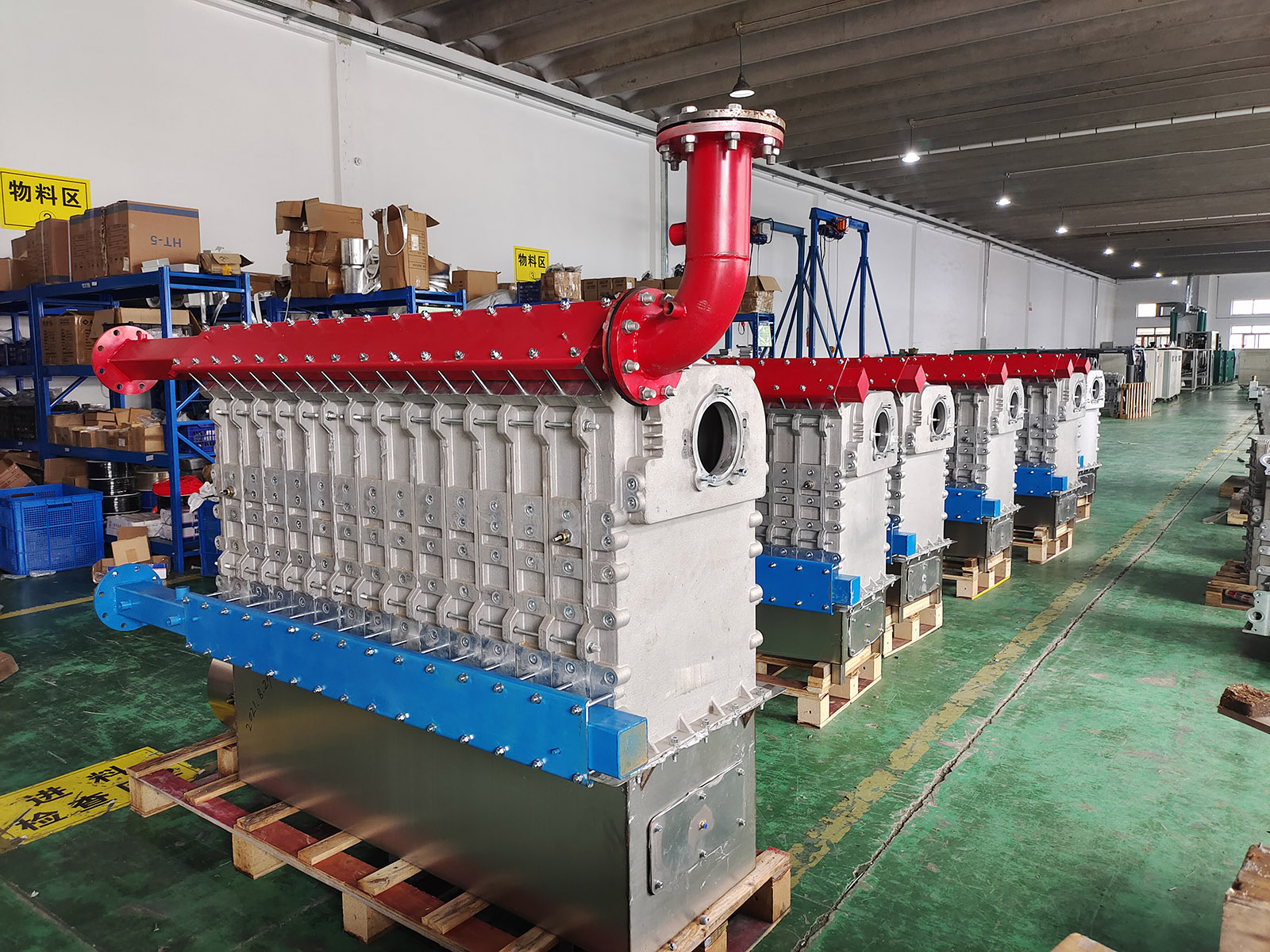- Afrikaans
- Albanian
- Amharic
- Arabic
- Armenian
- Azerbaijani
- Basque
- Belarusian
- Bengali
- Bosnian
- Bulgarian
- Catalan
- Cebuano
- China
- China (Taiwan)
- Corsican
- Croatian
- Czech
- Danish
- Dutch
- English
- Esperanto
- Estonian
- Finnish
- French
- Frisian
- Galician
- Georgian
- German
- Greek
- Gujarati
- Haitian Creole
- hausa
- hawaiian
- Hebrew
- Hindi
- Miao
- Hungarian
- Icelandic
- igbo
- Indonesian
- irish
- Italian
- Japanese
- Javanese
- Kannada
- kazakh
- Khmer
- Rwandese
- Korean
- Kurdish
- Kyrgyz
- Lao
- Latin
- Latvian
- Lithuanian
- Luxembourgish
- Macedonian
- Malgashi
- Malay
- Malayalam
- Maltese
- Maori
- Marathi
- Mongolian
- Myanmar
- Nepali
- Norwegian
- Norwegian
- Occitan
- Pashto
- Persian
- Polish
- Portuguese
- Punjabi
- Romanian
- Russian
- Samoan
- Scottish Gaelic
- Serbian
- Sesotho
- Shona
- Sindhi
- Sinhala
- Slovak
- Slovenian
- Somali
- Spanish
- Sundanese
- Swahili
- Swedish
- Tagalog
- Tajik
- Tamil
- Tatar
- Telugu
- Thai
- Turkish
- Turkmen
- Ukrainian
- Urdu
- Uighur
- Uzbek
- Vietnamese
- Welsh
- Bantu
- Yiddish
- Yoruba
- Zulu
nóv . 04, 2024 14:49 Back to list
Understanding the Efficiency and Performance of BTU Gas Boilers for Your Home
Understanding BTU in Gas Boilers A Comprehensive Guide
When it comes to selecting a gas boiler for your home or business, understanding BTU (British Thermal Unit) is crucial. BTU is a unit of energy that measures the amount of heat needed to raise the temperature of one pound of water by one degree Fahrenheit. In the context of gas boilers, BTUs are essential for determining the heating capacity of the boiler, which ultimately influences its efficiency and performance.
Gas boilers are widely used for heating purposes due to their efficiency and effectiveness. When you choose a gas boiler, identifying the right BTU rating is vital. If your boiler's BTU rating is too low, it may struggle to heat your space adequately, resulting in cold spots and discomfort. Conversely, if the BTU rating is too high, it can lead to excessive energy consumption, higher utility bills, and a less efficient heating system.
Understanding BTU in Gas Boilers A Comprehensive Guide
One common method of calculating the BTU requirement for a space is to perform a heating load calculation. This process involves determining how much heat is lost through walls, windows, and roofs, as well as considering the desired indoor temperature. Online calculators and professional HVAC consultants can aid in this essential calculation, ensuring that you select a gas boiler with the appropriate BTU output.
btu gas boiler

It's also important to note that gas boilers come in various efficiency ratings, which are typically indicated by the annual fuel utilization efficiency (AFUE). This rating measures the efficiency of a boiler in converting gas into usable heat over a year. A higher AFUE indicates a more efficient unit. It’s advisable to choose a boiler with an AFUE rating of 90% or higher for optimal performance.
Moreover, gas boilers are available in several types, including conventional, combi, and system boilers. Conventional boilers are ideal for homes with high hot water demands, while combi boilers provide both heating and hot water on demand, making them a space-saving option. System boilers store hot water in a cylinder, ensuring a steady supply for larger households. Each type has its own BTU requirements based on its design and intended use.
Regular maintenance of your gas boiler is essential for ensuring it operates at its maximum efficiency. Tasks such as regular inspections, cleaning of components, and checking for gas leaks can extend the life of your boiler and maintain its performance. Additionally, investing in a smart thermostat can help manage heating schedules and optimize energy usage, leading to lower utility bills and increased comfort.
In conclusion, understanding BTU ratings in gas boilers is a key component in making an informed decision when purchasing or upgrading your heating system. The right BTU output—matched with high efficiency ratings—ensures that you have a reliable and cost-effective heating solution. By considering factors like space size, insulation quality, boiler types, and regular maintenance, homeowners can maximize the performance of their gas boiler while minimizing energy waste. Whether it’s for residential or commercial use, a well-chosen gas boiler can make a significant difference in comfort and energy efficiency in your property.
-
Durable Centrifugally Cast Iron Water Main Pipe
NewsAug.11,2025
-
Centrifugally Cast Iron Water Main Pipes for Reliability
NewsAug.10,2025
-
High-Quality Centrifugally Cast Iron Water Main Pipes
NewsAug.09,2025
-
Durable Cast Iron Water Main Pipe & Drainage Solutions
NewsAug.08,2025
-
Buy Cast Iron Pipe: Premium Ductile Iron & Drain Solutions
NewsAug.07,2025
-
Durable Cast Iron Water Main Pipe | Buy Ductile Pipe
NewsAug.06,2025


